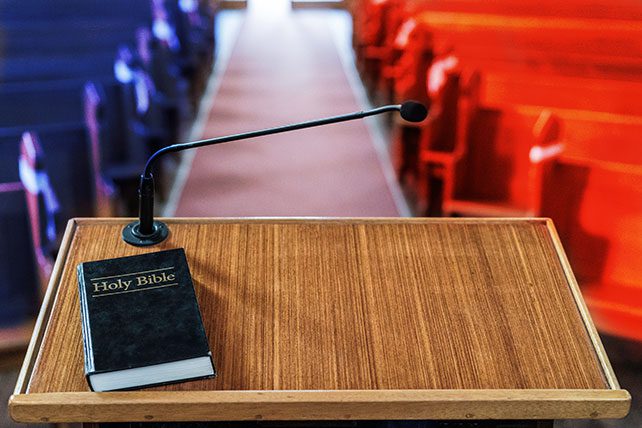This is true at a societal level but is also true specifically in human hearts:
3). Politics are an idol.
Because politics have the potential for good but are often used for evil, people are prone to idolize it. People treat politics like a religion. They think that government can right the wrongs, change the weather, and give meaning to life. People are prone to viewing government as those in the Ancient Near East viewed their municipal deity: if we sacrifice in the right way, and worship with sufficient passion, our god will hear us and cause prosperity. In today’s world, when something bad happens, people appeal to government for mercy, and promise to do better next time. So much of modern politics can only be explained as religious activity, as people think that unless election goes this way or that way, then their nation is doomed. Or, conversely, if there is any hope for a future generation, it is found a certain political outcome. That, simply put, is idolatry. Because of this idolatry, pastoring in a politicized age makes it is critical that:
4). The church is an embassy.
Picture the cheesy American movies where a good guy is being chased through the streets of some third world country, and right as the bad guys close in, the good guy darts inside an American Embassy. Saved! This is how the church should function. Imagine people in our congregations running through the streets, being pursued by idolatry, the world, the flesh, and the devil. Sunday mornings they are out of breath, and just barely leap into the church doors escaping their pursuers. Of course, they will scatter back into the world in a few hours, returning to face the temptations yet again. But pastors strive to make church an embassy of a different kingdom; a place where politics can’t quite pry the door open. Instead, we are concerned with the business of a different king. Rightly practiced, pastoring and preaching doesn’t minimize the trials of the week, but simply regulates them to a different kingdom. Meanwhile, the church exists primarily to draw people up. But that doesn’t mean we deny the present issues our congregation is facing, because “the church as embassy” has to be paired with:

